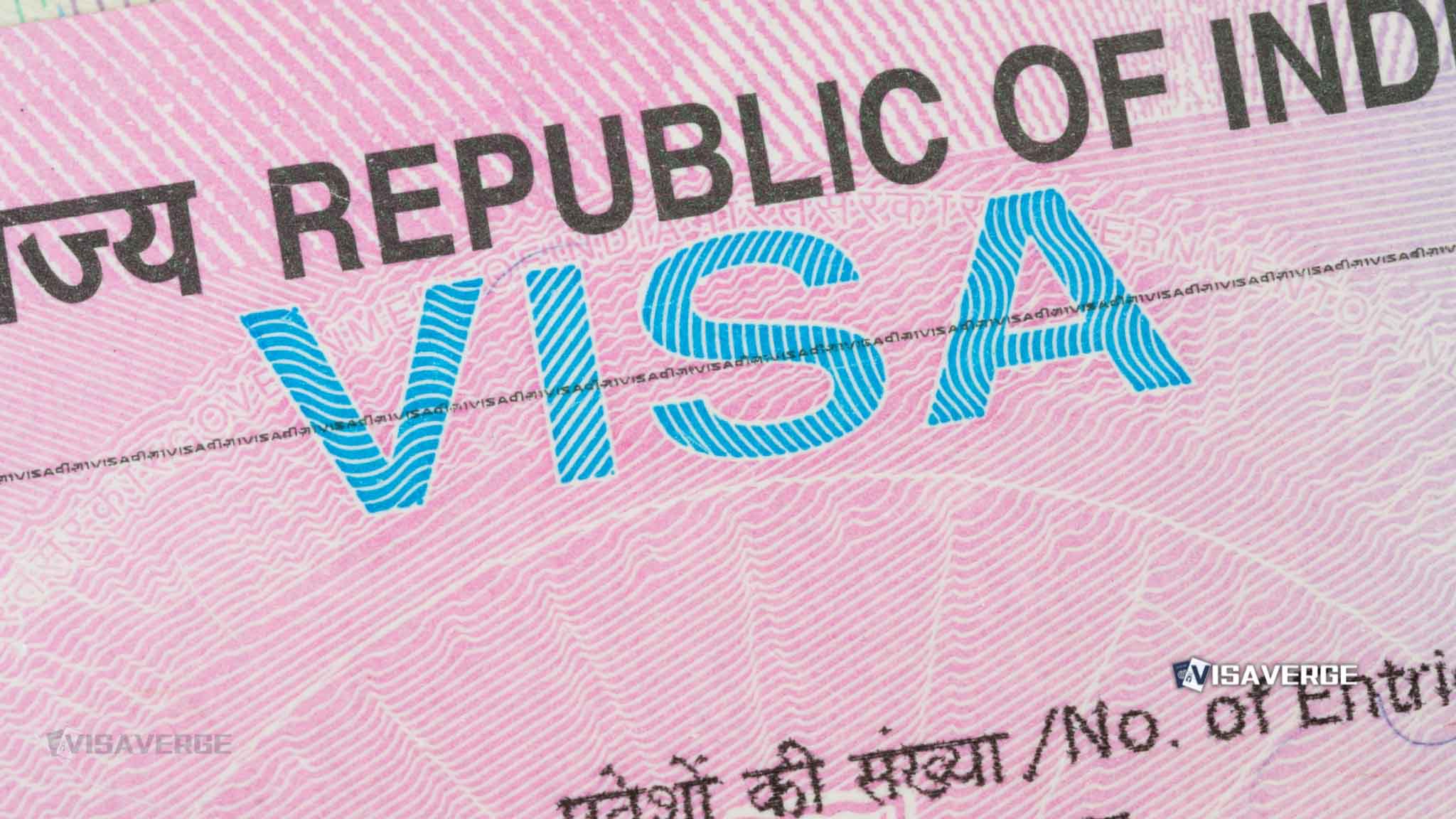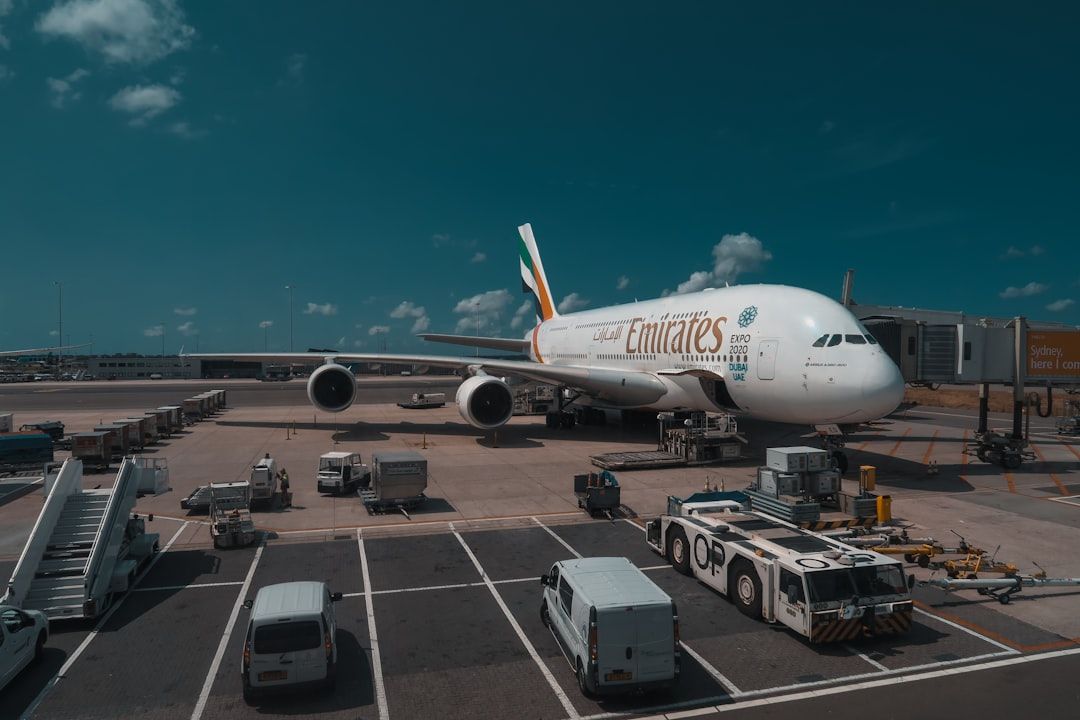Understanding the L-1 Visa Application for Startups
Applying for an L-1 visa as a startup can be challenging, especially when financial histories are limited. However, with the right approach and documentation, you can prove the stability and legitimacy of your business to the immigration authorities.
What Is an L-1 Visa?
The L-1 visa is a non-immigrant visa that allows multinational companies to transfer employees from a foreign office to a U.S. office. This includes managers, executives, or workers with specialized knowledge.
Showcasing Your Startup’s Stability
As a startup, you may not have the same breadth of financial documents as more established companies, but you can still create a compelling L-1 visa application that demonstrates your company’s potential and reliability.
Business Plans and Forecasts

A comprehensive business plan is critical. It should outline:
- Your startup’s purpose and objectives.
- Details of the product or service offered.
- Marketing and sales strategies.
- Projected growth and financial forecasts.
This plan serves as a blueprint, indicating to the visa officers that your business has clear goals and strategies for achieving success.
Evidence of Company Structure and Operation
Even though your startup might be new, providing documents that show a structured organization can strengthen your application. This includes:
- Organizational charts.
- Job descriptions for employees, including the individual being transferred.
- Records of initial investments or startup capital.
Supporting Financial Documents
It’s essential to provide as much financial information as possible, such as:
- Bank statements.
- Income statements, even if they show minimal revenue.
- Balance sheets, reflecting the company’s assets and liabilities.
- Proof of payroll, rent, or utility payments, indicating ongoing business activities.
Additional Documents
Additional documents can supplement your limited financials:
- Contracts with clients or suppliers, proving operations and potential growth.
- Leases or property purchases, showcasing a commitment to a long-term presence.
Professional Opinions and Letters of Support
A letter from an economist or industry expert attesting to your startup’s business model’s viability can carry significant weight. Also, letters of support from current clients or partners can help demonstrate the business’s legitimacy and performance.
Gathering and Organizing Your Documentation
Make sure to keep all documents well-organized and presented in a clear and professional manner. Here’s what to focus on:
- Clarity: Documents should be easy to understand, with explanations provided for industry-specific terms or data.
- Conciseness: Information should be direct and to the point, avoiding unnecessary details.
- Completeness: Ensure no key piece of information is missing.
Seek Professional Guidance
Navigating the complexities of an L-1 visa application can be daunting. Consider engaging an immigration lawyer who specializes in startup immigration issues. They can guide you on the types of supporting documents that may bolster your application effectively.
Keep Up to Date with Immigration Policies
Immigration laws and policies are subject to change. It’s vital to stay informed about the latest requirements and procedures for the L-1 visa. Visiting official immigration websites such as USCIS or consulting with legal professionals can provide you with the current information you need for your visa application.
Conclusion
Applying for an L-1 visa as a startup with limited financial history is challenging but not impossible. By providing a well-crafted business plan, detailed operational documents, comprehensive financial records, and strong letters of support, you can demonstrate the stability and commitment needed for a successful L-1 visa application. Remember that organization, professionalism, and keeping abreast of the latest immigration policies are key components to navigating this process successfully.
Well, you’ve made it to the end of this thrilling L-1 visa application journey! Just remember, even as a startup, you can still dazzle those immigration folks with a killer business plan, tidy organizational structure, and financial documents that show promise. And hey, if you’re craving more visa knowledge, head over to visaverge.com for all the juicy details. Stay informed, my friend, and may the visa odds be ever in your favor!
FAQ’s to know:
FAQ 1: What is an L-1 visa and who is eligible for it?
The L-1 visa is a non-immigrant visa that enables multinational companies to transfer employees from a foreign office to a U.S. office. This visa is available to managers, executives, or workers with specialized knowledge who are employed by a qualifying company and meet the necessary criteria for transfer.
FAQ 2: How can a startup showcase its stability in an L-1 visa application?
Despite limited financial histories, startups can present a compelling L-1 visa application by focusing on the following aspects:
- Develop a comprehensive business plan that outlines the startup’s purpose, objectives, product or service details, marketing strategies, and projected growth and financial forecasts.
- Provide evidence of a structured organizational setup, including organizational charts, job descriptions, and records of initial investments or startup capital.
- Include supporting financial documents such as bank statements, income statements (even if showing minimal revenue), balance sheets, and proof of payroll, rent, or utility payments.
- Supplement the limited financials with contracts with clients or suppliers, leases or property purchases, and letters of support from economists, industry experts, clients, or partners.
FAQ 3: How should I organize my documentation for an L-1 visa application?
To ensure a well-organized and professional L-1 visa application, focus on the following:
- Maintain clarity by explaining industry-specific terms or data in your documents.
- Keep information concise and to the point, avoiding unnecessary details.
- Ensure all key information is included and there are no missing documents.
- Seek professional guidance from an immigration lawyer specializing in startup immigration issues to ensure you have the right supporting documents for your application.
Remember to keep up to date with the latest immigration policies and procedures and consult official immigration websites, such as USCIS, for the most current information regarding the L-1 visa.
What did you learn? Answer below to know:
-
What is the purpose of a business plan in an L-1 visa application for startups?
a) To outline the company’s product or service
b) To demonstrate the viability and success of the startup
c) To provide financial forecasts for the business
d) To establish the company’s organizational structure -
Which of the following financial documents should be included in an L-1 visa application for a startup?
a) Bank statements and income statements
b) Marketing and sales strategies
c) Lease agreements and property purchases
d) Organizational charts and job descriptions -
How can letters of support contribute to a startup’s L-1 visa application?
a) They showcase the company’s commitment to long-term presence.
b) They prove ongoing business activities through payroll and rent records.
c) They provide professional opinions on the viability of the business model.
d) They demonstrate the stability and reliability of the startup.








